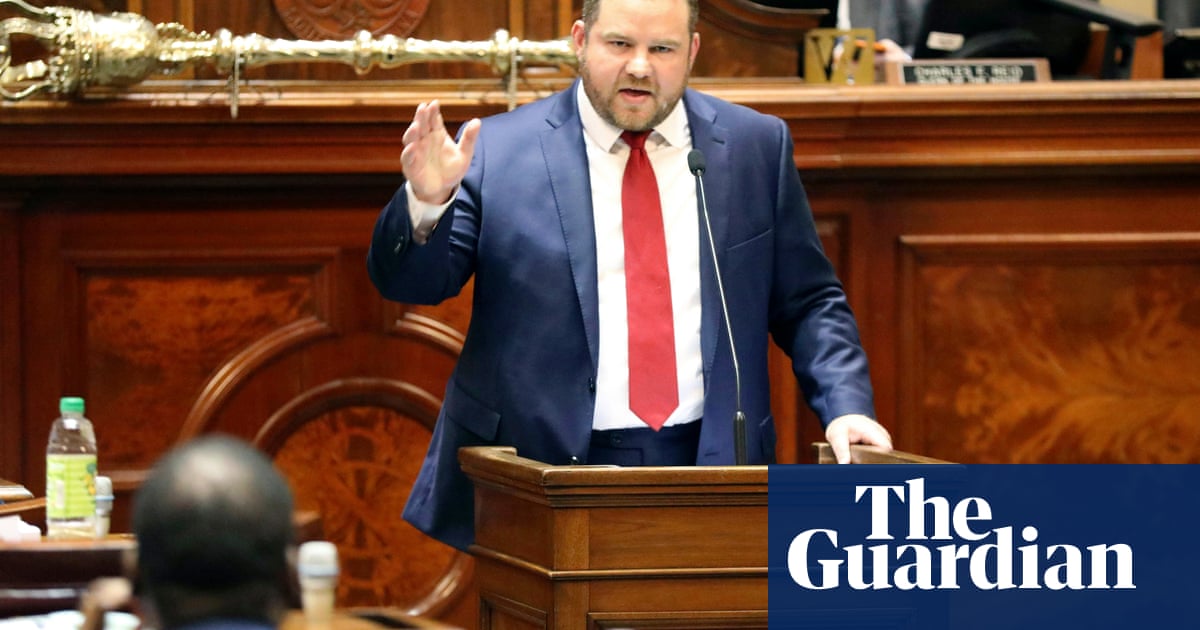Millions of people live legally in the United States under various forms of temporary legal protection. Many have been targeted in the Trump administration’s immigration crackdown.
The latest move has been against people who have what’s known as “temporary protected status” (TPS), which grants people the right to stay in the US legally due to extraordinary circumstances in one’s home country such as war or environmental catastrophe.
The Trump administration has in recent weeks announced its plan to end TPS for Haitians, Venezuelans, Afghans and Cameroonians. The move may force more than 9,000 Afghan refugees to move back to the country now ruled by the Taliban. The administration also is ending the designation for roughly half a million Haitians in August.
Here’s what to know about TPS and some other temporary protections for immigrants:
What is temporary protected status?
Temporary protected status allows people already living in the United States to stay and work legally for up to 18 months if their homelands are unsafe because of civil unrest or natural disasters.
The Biden administration dramatically expanded the designation. It covers people from more than a dozen countries, though the largest numbers come from Venezuela and Haiti.
The status does not put immigrants on a long-term path to citizenship and can be repeatedly renewed. Critics say renewal has become effectively automatic for many immigrants, no matter what is happening in their home countries. According to the American Immigration Council, ending TPS designations would lead to a significant economic loss for the US. The non-profit found that TPS households in the country earned more than $10bn in total income in 2021, and paid nearly $1.3bn in federal taxes.
What is the latest supreme court ruling on Venezuelans?
On Monday, the supreme court allowed the administration to end protections that had allowed some 350,000 Venezuelan immigrants to remain in the United States.
Many Venezuelans were first granted TPS in 2021 by the Biden administration, allowing those who were already in the US to apply for protection from deportation and gain work authorization. Then, in 2023, the Biden administration issued an additional TPS designation for Venezuelans, and in January – just before Trump took office – extended those protections through October 2026.
The Trump administration officials had ordered TPS to expire for those Venezuelans in April. The supreme court’s decision lifted a federal judge’s ruling that had paused the administration’s plans, meaning TPS holders are now at risk of losing their protections and could face deportation.
What other forms of legal protection are under attack?
More than 500,000 people from what are sometimes called the CHNV countries – Cuba, Haiti, Nicaragua and Venezuela – live in the US under the legal tool known as humanitarian parole, which allows people to enter the US temporarily, on the basis that they have an urgent humanitarian need like a medical emergency. This category, however, is also under threat by the Trump administration.
In late March, the Trump administration announced plans to terminate humanitarian parole for approximately 530,000 Venezuelans, Nicaraguans, Cubans and Haitians. In April, a federal judge issued a temporary order barring the elimination of the humanitarian parole program.
But last week, the administration took the issue to the supreme court, asking it to allow it to end parole for immigrants from those four countries. The emergency appeal said a lower-court order had wrongly encroached on the authority of the Department of Homeland Security.
US administrations – both Republican and Democratic – have used parole for decades for people unable to use regular immigration channels, whether because of time pressure or bad relations between their country and the US.
The case now returns to the lower courts. For the California-based federal court, the next hearing is on 29 May. For the Massachusetts case, no hearings are scheduled and attorneys are working on a briefing for the motion to dismiss filed by the government, according to WGBH, a member station of National Public Radio in Massachusetts. The appeals court hearing will be the week of 11 July.

 German (DE)
German (DE)  English (US)
English (US)  Spanish (ES)
Spanish (ES)  French (FR)
French (FR)  Hindi (IN)
Hindi (IN)  Italian (IT)
Italian (IT)  Russian (RU)
Russian (RU)  3 weeks ago
3 weeks ago
























Comments